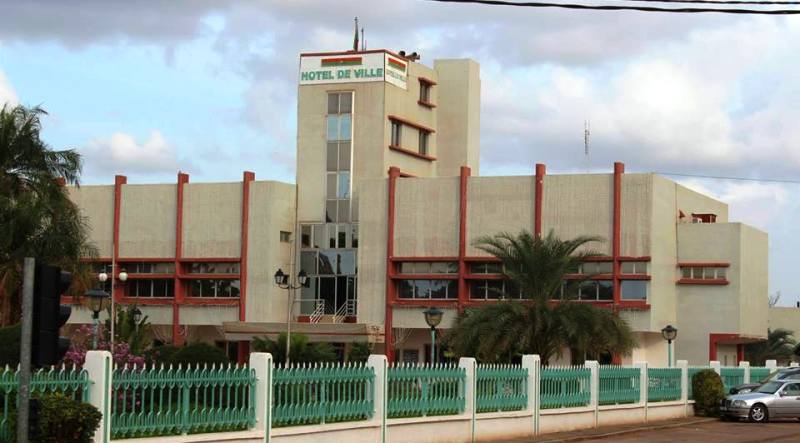By David Fellows [1]

Introduction
Local governments, referred to here as ‘municipalities’, tend to be smaller scale, face less complex challenges, and have less diversity amongst stakeholders when compared to national governments. This relative simplicity should be regarded as their defining strength. It eases the path to identifying their core mission and prioritising service developments within resource constraints and national mandates.
A common problem with capitalising on this strength is that municipal strategic policy agendas are often asserted without sufficient regard to their consistent articulation, internal coherence or supporting administrative sub-structure. It is the author’s contention that without these attributes municipal leadership will always lack clarity of direction; delivery competence; and full hearted community support. In addition, the media will have grounds for scepticism and its criticisms will probably intensify over time.
This piece outlines the elements of an effective municipal policy framework and the need for its periodic review and realignment.
The Policy Framework
The fundamental elements and principles of the policy framework are outlined below:
- Policy objectives should be set at a long-term level with more detailed expression at shorter timescales. This policy cascade must be consistent. The policy cascade must be achievable in a practical sense and there must be sound and clearly expressed reasons to expect the necessary resources (finance, skills and materials) to be available in the timescale envisaged by the policy objective.
- Operational changes must be supported by realistic development plans and external expert support should be sought to help develop internal capacity where necessary.
- There should be a medium term budget reflecting the stated policy system over a minimum 3 year policy timescale. All budgets should contain both revenue and capital provision that should be consistent between the two, realistically achievable. Where policies are changed the budget must change accordingly.
- No spending commitment must be made until budget provision has been allocated as a priority above all competing demands that would otherwise make funding untenable.
- Service delivery arrangements and underpinning administrative processes must be set out clearly and there must be adequate training plans to achieve the intended outcomes.
- The budgetary control must be exercised to ensure that expenditure and revenues are consistent with the budget and where this is not achievable then modifications to policy, practice and budget must be made appropriately. The overall responsibility for containing spending within budget must be imposed on departmental heads without the option of delegation to a lower level.
- Benefits realisation strategies for new developments must be used to guide successful outcomes and risk management strategies used to anticipate and mitigate possible challenges.
- Civil servants must have performance contracts for achieving service outputs and outcomes within budget.
- There must be public engagement in the development process and transparency about its outcomes.
- The logical chain of policy, delivery practice, supporting administrative processes, development plans and budgetary provision must be understood by politicians and administrators at all levels.
This type of policy framework could be said to be applicable to anywhere within to anywhere within the public service but in municipalities it is more tangible in terms of proximity between the administration and the community as a whole, more easily comprehended as a working system that encompasses the entire municipality and more capable of being used by the political leadership as an envisioning and executive tool. This sentiment was echoed by Mr Armand Beouinde, Mayor of Ouagadougou, Burkina Faso at the UN-Habitat Conference in Marrakesh last November.
Review
Periodic reviews of the policy framework offer an opportunity to improve coherence and effectiveness. They can also lead to a better understanding of municipal capacity and critical areas of weakness that must be addressed if ambitions are to be fully realised. It may be useful for such reviews to be undertaken independently and shared with the community for comment prior to finalisation.
Conclusion
Municipalities are well placed to make crucial contributions to community well-being and development. Better governance based on coherent policy frameworks and sound development plans can help them deliver on their potential. In the author’s view development partners can be too keen to rush developing countries into adopting practices that are unsustainable before the necessary organisational capacity has been achieved.
End note
We should be pleased to discuss the ideas in this piece with those who believe that they may have relevance to their situation.
[1] David Fellows began his career in UK local government where he became President of the Society of Municipal Treasurers and a pioneer of digital government, he followed this with stints in the UK Cabinet Office and the National Treasury of South Africa. He is a director of PFMConnect.


